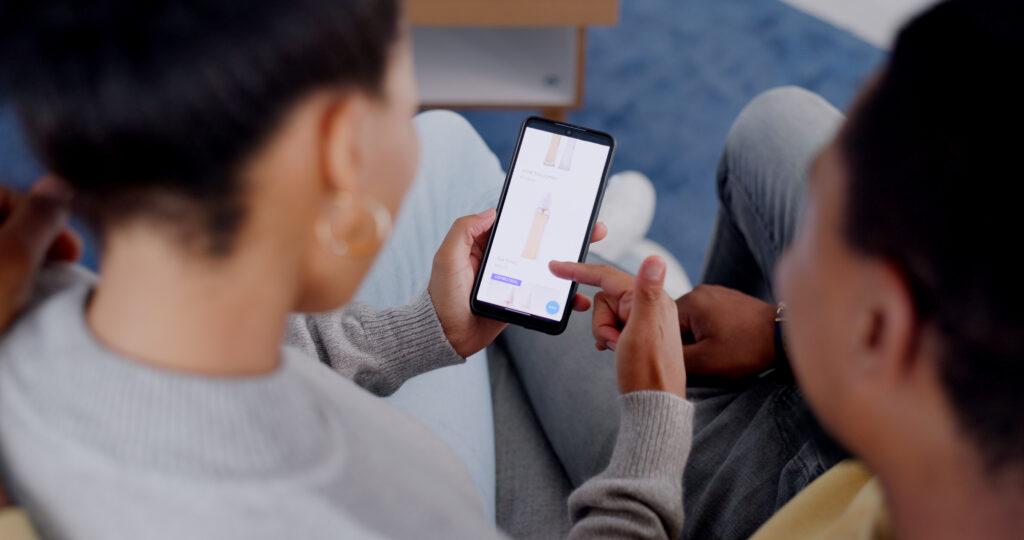Healthcare company Real Chemistry announced its introduction of IRIS, an insights-as-a-service platform that will deliver all things related to GLP-1 drugs. This includes news on the obesity market, the latest info on current and future GLP-1 drugs and the overall growing influence of GLP-1 therapies.
Real Chemistry provides AI-driven insights, marketing and communications for the healthcare industry.
The IRIS platform, which made its debut on Tuesday, is a predictive analytics platform that features an all-in-one dashboard for “a multi-dimensional and aggregated view across market performance, market access dynamics, the policy landscape, consumer behaviors and clinical milestones,” said Real Chemistry in a statement.
IRIS also includes social media analysis for conversations occurring in the marketplace. Real Chemistry says this is important for healthcare companies looking to enter the “increasingly noisy market.”
People who subscribe to the service will have access to AI-driven analyses of the GLP-1 drug category, which is updated weekly and visible in dashboard view in real time.
According to Real Chemistry, there are currently 119 active GLP-1 agonist clinical trials, with 53 in Phases III or IV, across more than 60 potential new indications for GLP-1 treatment.
XTALKS WEBINAR: Solving unmet needs in GLP1 cardiometabolic clinical trials: novel approaches to digital data capture and patient retention
Live and On-Demand: Tuesday, May 7, 2024, at 11:30am EDT (4:30pm BST/UK)
Register for this free webinar to learn recommendations for monitoring cardiometabolic disease in clinical trials and how compliance can be optimized with tracking, behavioral modification and lifestyle standardization tools.
“Transformative healthcare events can be fluid and can reshape the healthcare ecosystem, but the question of how deep and wide the impact will be is what healthcare continues to grapple with in planning and actions,” said Shankar Narayanan, CEO of Real Chemistry.
“That’s why we’ve made the strategic decision to invest in this team and platform to help our clients be proactive when new innovations shake up the market. We’re bringing the best of our expertise, data and analytics together to help the healthcare industry stay ahead of the curve and create better patient experiences in our pursuit to transform healthcare from what it is to what it should be.”
IRIS will provide regular reports on the GLP-1 market segment, and the first report was available at the platform’s launch.
Titled “GLP-1 Agonists: Signals of a New Era,” the report, based on IRIS’s data, reveals that in the US, the proportion diagnosed with obesity who have been prescribed a GLP-1 has gone up almost 72 percent over the last year. However, only 3.5 percent of the more than 52 million diabetes sufferers have been prescribed a GLP-1 drug.
The report also offered insights into social media trends around weight loss drugs. It found that online content creation approaches mirror those of the beauty and fashion influencer community instead of healthcare influencers. It said this new phenomenon is putting “additional strain on an already complex patient-healthcare provider relationship and creating pressure for marketing and communication teams to create new ways to engage, educate and activate.”
It also pointed out that typical healthcare influencers, who usually focus on one condition, have niche online followings in the “hundreds to low thousands,” with minimal opportunities for monetization. On the other hand, GLP-1 influencers have hundreds of thousands of followers with millions of “likes,” and these large followings allow enough paid content opportunities to make a living in some cases.
Influencers often share their experiences with the drugs, offer advice on insurance coverage, dietary adjustments and dosing, talk about side effects and even recommend telehealth providers who will prescribe GLP-1s.
Related: Eli Lilly’s Oscars Commercial Takes Aim at Hollywood’s Use of Obesity Medicines for ‘Vanity’
Weight Loss Blockbuster Wegovy Wins Expanded Approval for Heart Benefits
This shift represents both good and bad for pharma companies and their brand managers, Rita Glaze-Rowe, president of Transformative Healthcare Markets at Real Chemistry told Fierce Pharma.
While “it creates opportunities for organizations to truly look at [the patient] experience from a new lens,” she said, comms teams may find it challenging to change how they typically reach and respond to their audiences, especially as GLP-1 influencers increasingly overtake doctors as the most authoritative voices for interested patients.
Real Chemistry said overall, the report explores how driving forces for obesity treatment are leading to a “new analogue for the healthcare industry,” one that aligns with consumer lifestyle industries instead of traditional healthcare marketing and communication benchmarks. “The impact of this could be far-reaching across the industry and reset how health and healthcare companies engage with consumers, physicians and patients,” said the company.
GLP-1 drugs, which include Novo Nordisk’s semaglutide products Ozempic and Wegovy and Eli Lilly’s tirzepatide formulations Mounjaro and Zepbound, have been in shortage since 2022 due to the skyrocketing demand for them.
If you want your company to be featured on Xtalks.com, please email [email protected].












Join or login to leave a comment
JOIN LOGIN